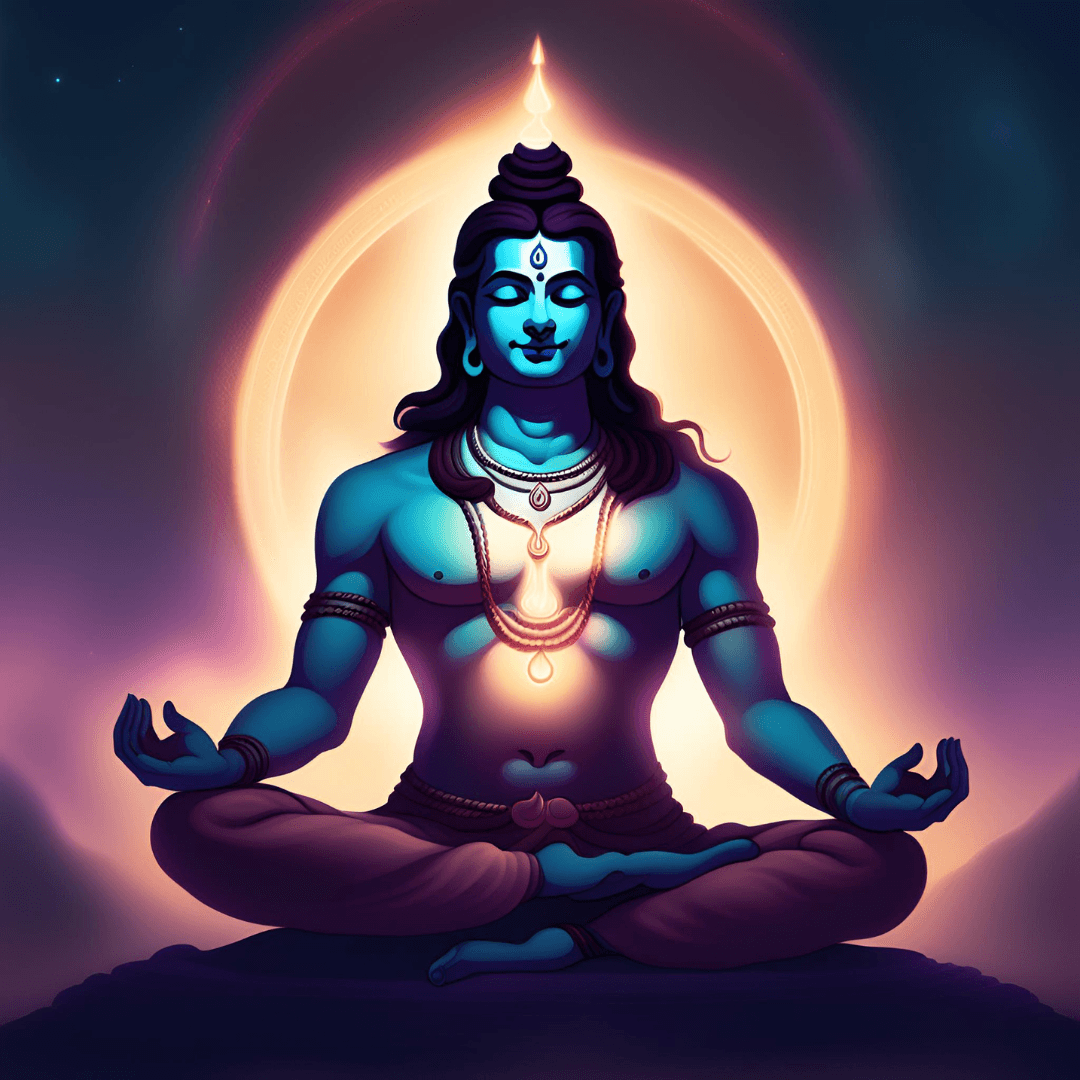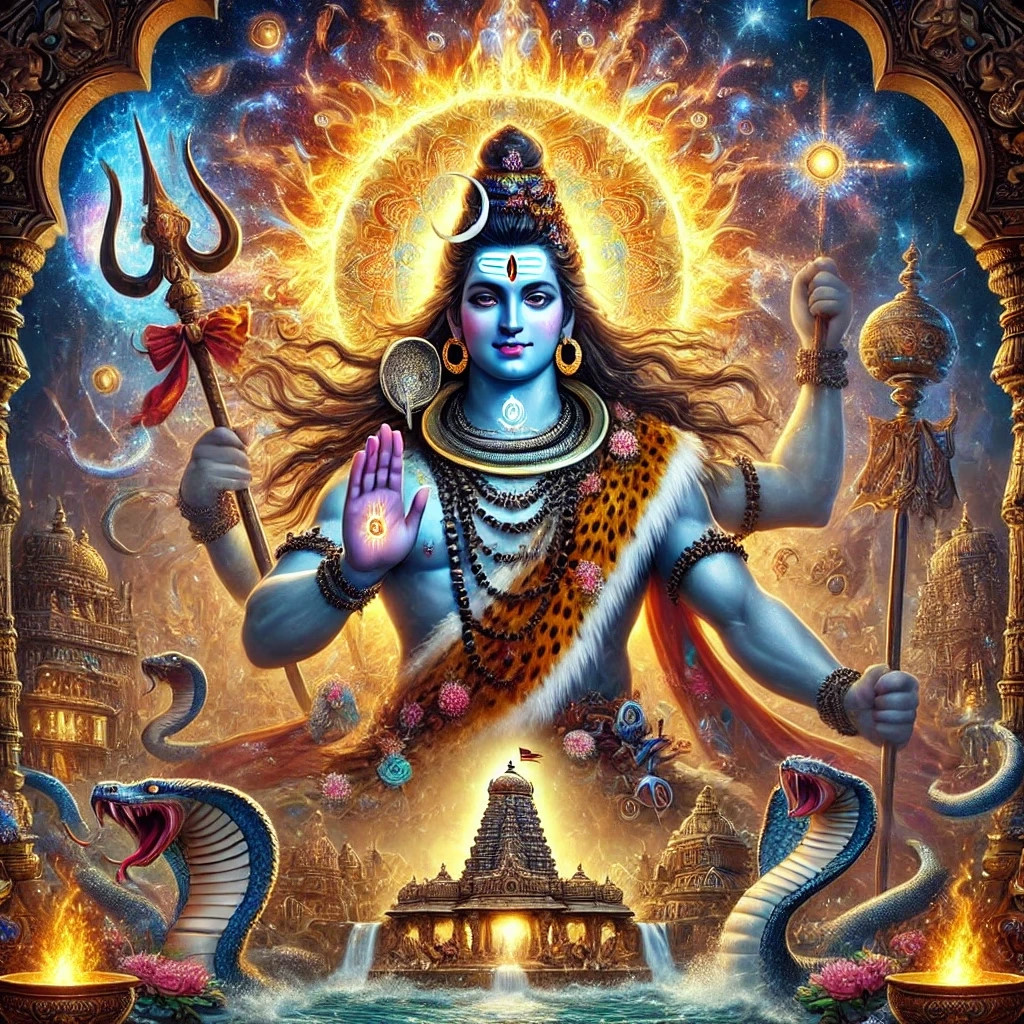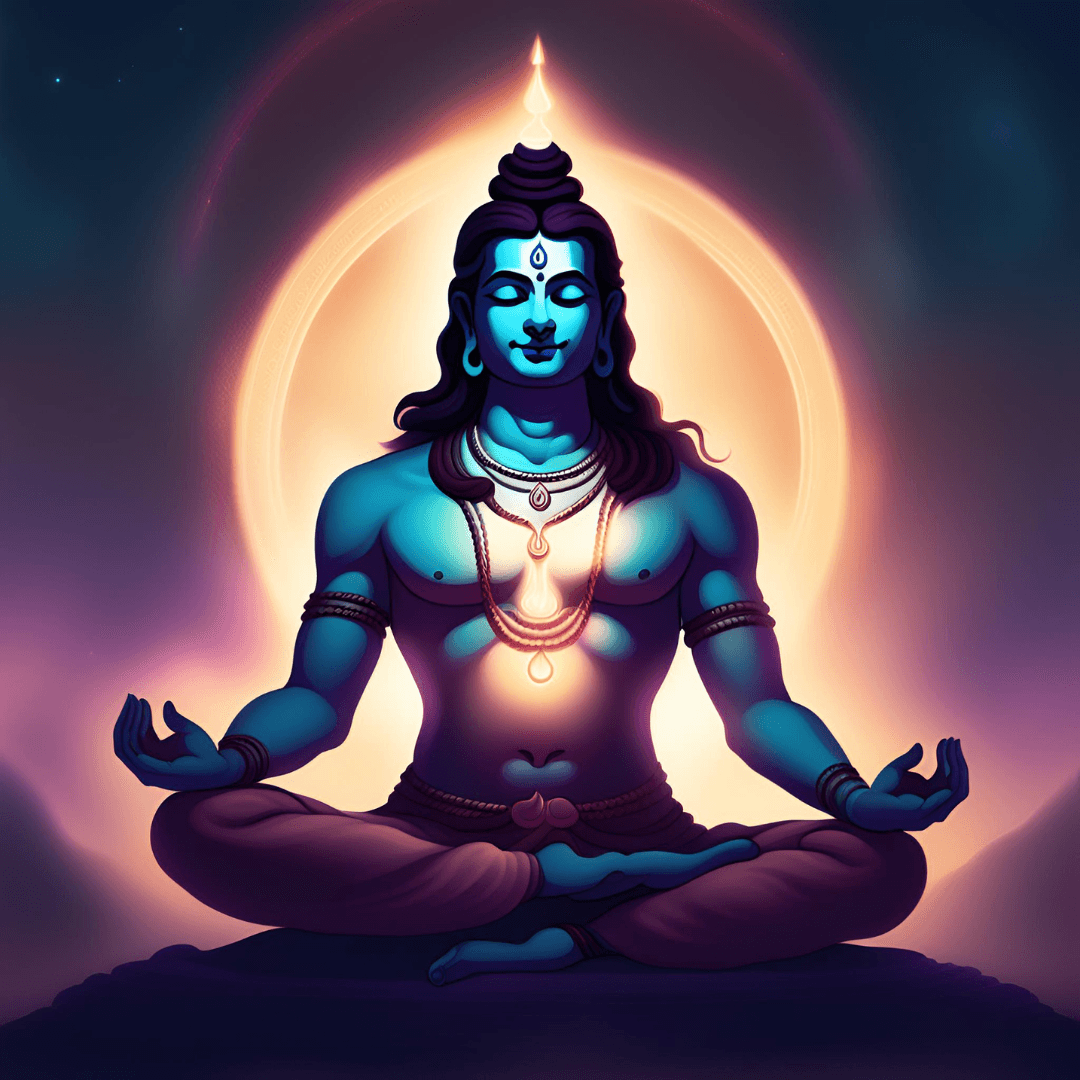The Birth of Ganga on Earth
Introduction The story of River Ganga’s descent to Earth is one of devotion, penance, and divine intervention. It is a tale deeply rooted in Sanatan Dharma and continues to inspire millions. Ganga is not just a river; she is a goddess, a source of life and spiritual purification. Her journey from the celestial realms to




